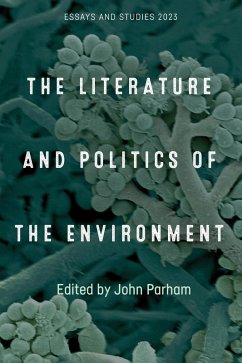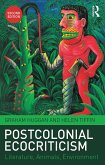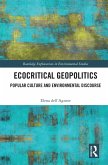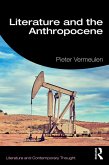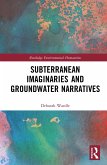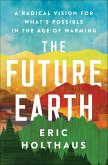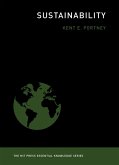Essays exploring interrelated strands of material ecologies, past and present British politics, and the act of writing, through a rich variety of case studies.
Much as the complexities of climate change and the Anthropocene have queried the limits and exclusions of literary representation, so, too, have the challenges recently presented by climate activism and intersectional environmentalism, animal rights, and even the power of material forms, such as oil, plastic, and heavy metals. Social and protest movements have revived the question of whether there can be such a thing as an activist ecocriticism: can such an approach only concern itself with consciousness, or might it politicise literary criticism in a new way?
Attempting to respond, this volume coalesces around three interrelated strands: material ecologies, past and present British politics, and the act of writing itself. Contributors consider the ways in which literary form has foregrounded the complexities of both matter (in essays on water, sugar, and land) and political economics (from empire and nationalism to environmental justice movements and local and regional communities). The volume asks how life writing, nature writing, creative nonfiction, and autobiography - although genres entrenched in capitalist political realities - can also confront these by reinserting personal experience. Can we bring a more sustainable planet into being by focusing on those literary forms which have the ability to imagine the conditions and systems needed to do so?
Much as the complexities of climate change and the Anthropocene have queried the limits and exclusions of literary representation, so, too, have the challenges recently presented by climate activism and intersectional environmentalism, animal rights, and even the power of material forms, such as oil, plastic, and heavy metals. Social and protest movements have revived the question of whether there can be such a thing as an activist ecocriticism: can such an approach only concern itself with consciousness, or might it politicise literary criticism in a new way?
Attempting to respond, this volume coalesces around three interrelated strands: material ecologies, past and present British politics, and the act of writing itself. Contributors consider the ways in which literary form has foregrounded the complexities of both matter (in essays on water, sugar, and land) and political economics (from empire and nationalism to environmental justice movements and local and regional communities). The volume asks how life writing, nature writing, creative nonfiction, and autobiography - although genres entrenched in capitalist political realities - can also confront these by reinserting personal experience. Can we bring a more sustainable planet into being by focusing on those literary forms which have the ability to imagine the conditions and systems needed to do so?
Dieser Download kann aus rechtlichen Gründen nur mit Rechnungsadresse in A, D ausgeliefert werden.

